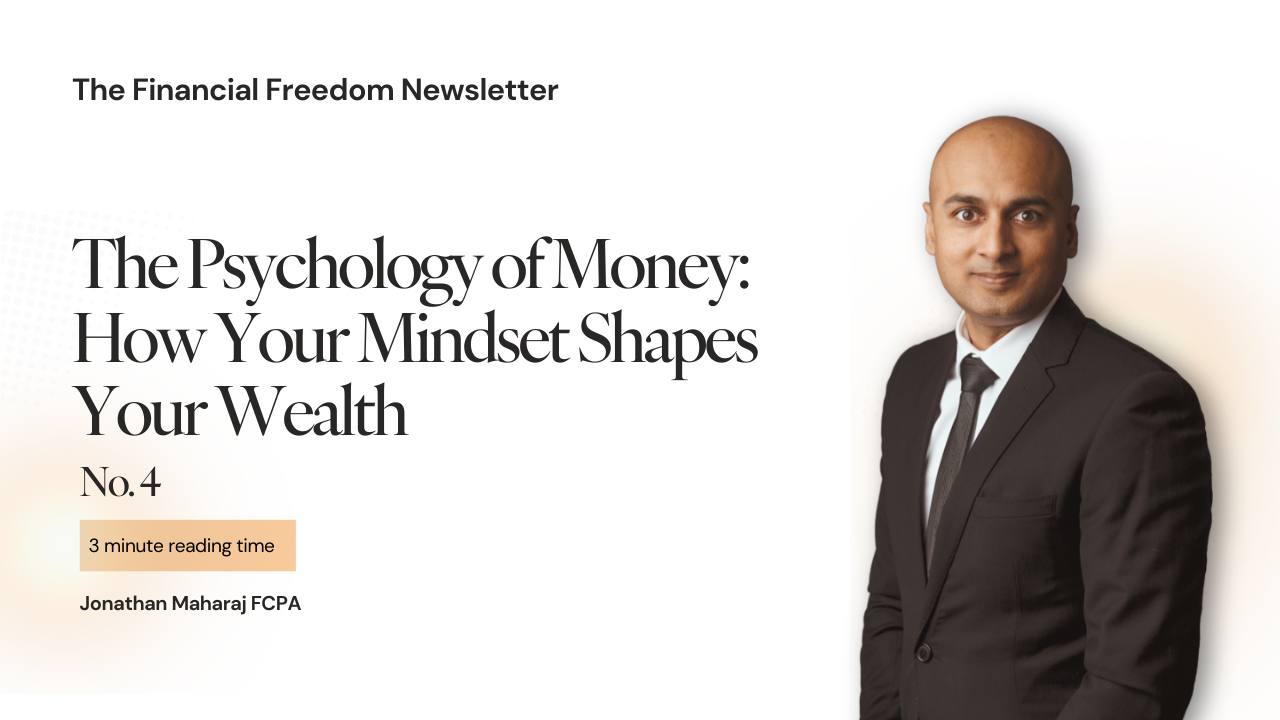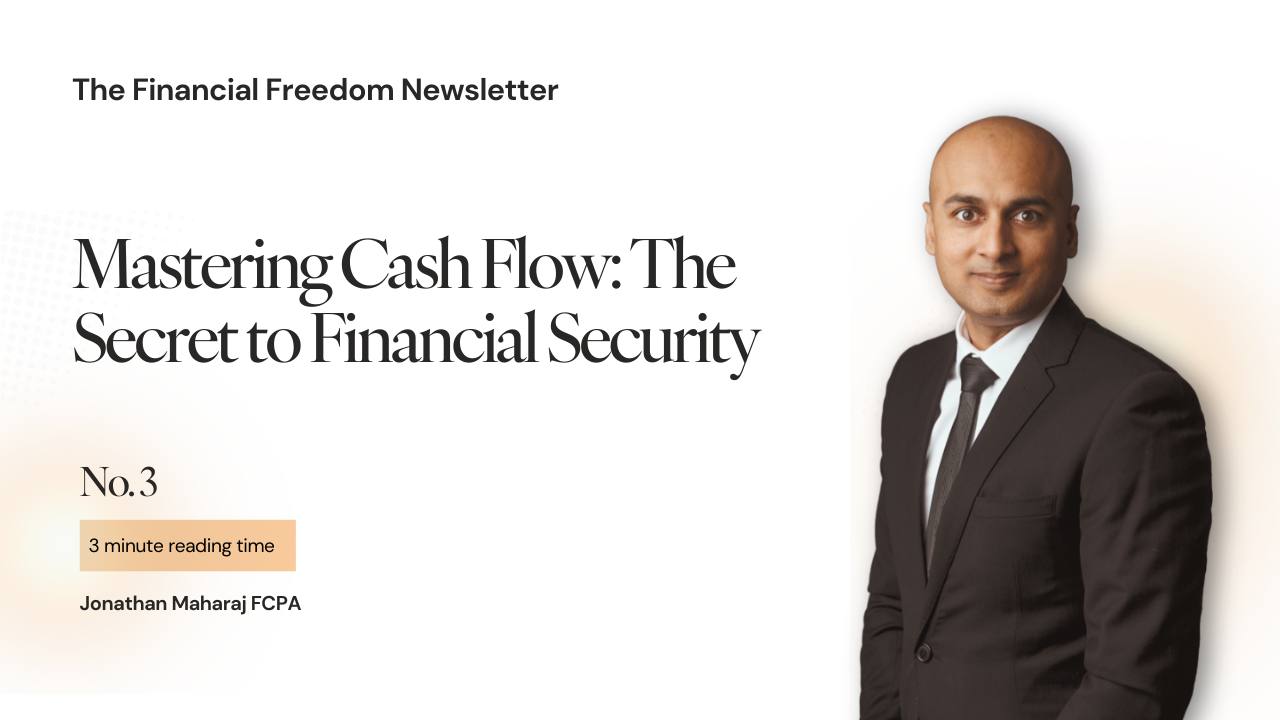2. Why Budgeting Doesn't Work (And What to Do Instead)
The Budgeting Myth
For years, financial experts have told us that budgeting is the key to financial success. Track every dollar, create spending categories, and stick to the plan.
Sounds simple, right?
Then why do so many people fail at budgeting?
Research shows that over 80% of people abandon their budgets within the first few months (Thomas et al., 2017). Even among those who stick with budgeting, most fail to significantly increase savings (Sussman and Alter, 2012).
The truth?
Budgeting, as most people do it, doesn’t work.
Today, we’ll break down:
- Why traditional budgeting sets you up for failure
- The psychology behind why budgets don’t stick
- A better, science-backed alternative for managing your money
The Budgeting Paradox
- Emily* and James* are two professionals who both earn $80,000 a year.
- James follows the classic budgeting method. He spends hours categorising expenses, setting spending limits, and tracking every transaction. But when unexpected expenses pop up, he feels guilty and overwhelmed. Eventually, he stops budgeting altogether.
- Emily never tracks every purchase. Instead, she follows a "Pay Yourself First" strategy by automating savings and investments before spending on anything else. Whatever is left, she spends freely without guilt.
Five years later, Emily has built significant savings, while James is still struggling with budgeting burnout.
Budgeting often fails because it requires too much effort and willpower. But money systems (like automation) work because they remove decision fatigue and make financial success automatic.
* These are not their real names.
Why Budgeting Fails (Backed by Science)
Behavioural finance research explains why most people fail at budgeting:
1. Decision Fatigue Makes Budgeting Unsustainable
- Every financial decision depletes willpower, making it harder to stay disciplined (Baumeister et al., 1998).
- By the end of the month, we’re exhausted by micro-managing money so we abandon budgeting altogether.
2. Budgets Create a "Scarcity Mindset"
- Studies show that when people focus on cutting back, their brains trigger a stress response, leading to more impulsive spending (Shah et al., 2015).
- This is why restrictive diets and strict budgets often fail in the same way because they create feelings of deprivation, which eventually lead to binge-spending.
3. Humans Are Bad at Predicting Future Expenses
- Research from Harvard Business School found that people severely underestimate irregular expenses, making strict budgeting unrealistic (Sussman and Alter, 2012).
- Life doesn’t fit into neat budget categories as unexpected costs always come up.
Bottom line?
Budgets often fail because they demand too much effort, trigger psychological resistance, and don’t account for real-life unpredictability.
A Better Alternative: The “Pay Yourself First” System
Instead of traditional budgeting, build a system that works automatically.
Step 1: Automate Savings and Investments First
- Set up automatic transfers so part of your paycheck immediately goes into savings and investments before you spend a dime.
- Example: Save or invest 20%+ of your income automatically, and live on the rest.
Step 2: Set Fixed "Spending Buckets" Instead of Budgeting
- Essentials (50-60%) → Rent, food, utilities, minimum debt payments
- Wealth-building (20-30%) → Savings, investments, extra debt payments
- Lifestyle and Fun (10-20%) → Travel, shopping, dining, hobbies
Step 3: Spend Freely Within Your Categories
- No need to track every expense. As long as savings and investments happen first, you can spend the rest guilt-free.
- This removes stress while still ensuring long-term financial success.
Why This Works:
- Reduces decision fatigue → No daily budgeting stress.
- Eliminates scarcity mindset → Focuses on abundance, not restriction.
- Works with human psychology → Automating wealth-building removes willpower from the equation (Thaler and Sunstein, 2008).
Ditch the Budget and Win with Money
Budgeting doesn’t work for most people but a simple money system does.
- Automate savings before spending. Set up automatic transfers for investments, emergency funds, and debt payments.
- Use a simple, high-level system. Allocate money into categories instead of tracking every expense.
- Focus on long-term wealth, not day-to-day budgeting. Pay yourself first, then spend freely within limits.
Here's something to reflect on the week ahead:
What’s your experience been with budgeting and have you tried automating your finances?
That's all for this week. See you next Friday.
Jonathan
References:
Baumeister, R. F., Bratslavsky, E., Muraven, M., and Tice, D. M. (1998). Ego depletion: Is the active self a limited resource? Journal of Personality and Social Psychology, 74(5), 1252-1265. https://psycnet.apa.org/doiLanding?doi=10.1037%2F0022-3514.74.5.1252
Shah, A. K., Mullainathan, S., and Shafir, E. (2015). Some consequences of having too little. Science, 338(6107), 682-685. https://www.science.org/doi/10.1126/science.1222426
Sussman, A. B., and Alter, A. L. (2012). The exception to the rule: The effect of irregular expenses on budgeting. Journal of Consumer Research, 39(4), 772-785. https://www.researchgate.net/publication/259711225_The_Exception_Is_the_Rule_Underestimating_and_Overspending_on_Exceptional_Expenses
Thaler, R. H., and Sunstein, C. R. (2008). Nudge: Improving decisions about health, wealth, and happiness. Yale University Press.



